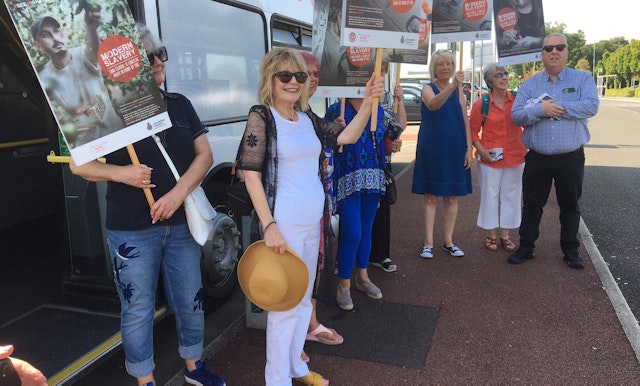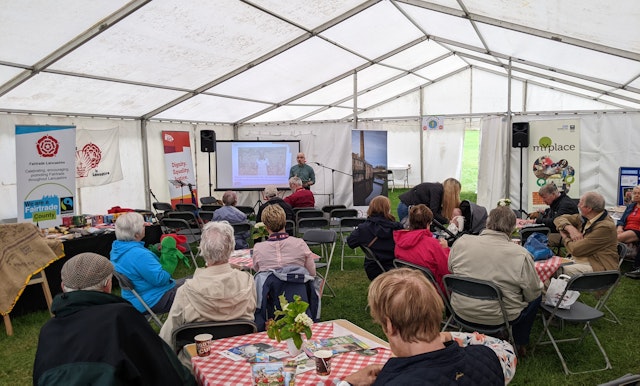Having worked for 30 years for the police and set up the Human Trafficking Team for the county, Sion felt it was a perfect way to put his skills and experience to good use and work on something he was passionate about.
Sion became the chair of the newly formed Pan Lancashire Anti-Slavery Partnership (PLASP) and quickly began drawing in other statutory agencies, NGOs, charities and faith groups to work together. The Clewer Initiative spoke to Sion about his experience of setting up an anti-slavery partnership.
- What is it like setting up an Anti-Slavery Partnership?
At the beginning, you have a blank canvas. This is exciting and tricky.
- What is the first thing you should do?
You need to ask yourself “what sort of partnership are you aiming for? Who do you want on the partnership?” Some regions have very strategic partnerships whilst others, like PLASP, have gone for, what I call a “happy mix” of statutory agencies together with grassroots activists and volunteers. I think it is useful to get as many different people around the table as possible and go from there. My vision from the beginning was that we would be all about tangible actions and outcomes.
- How often do you meet?
Some partnerships meet once a quarter but I felt that for us, monthly is better in order to keep the momentum going. We meet at 10am on a Thursday morning. We have about 125 people on our email list. Usually 15-20 turn up for the monthly meetings but it is often a different group each time. People attend according to the subject / focus of the meeting. For example, if we are doing something on county lines, it appeals to a certain demographic. If we are doing something more relevant to the business community, then those in the partnership from the business world are more likely to attend. Sometimes we create sub groups (task & finish) to look at a particular areas of work.










